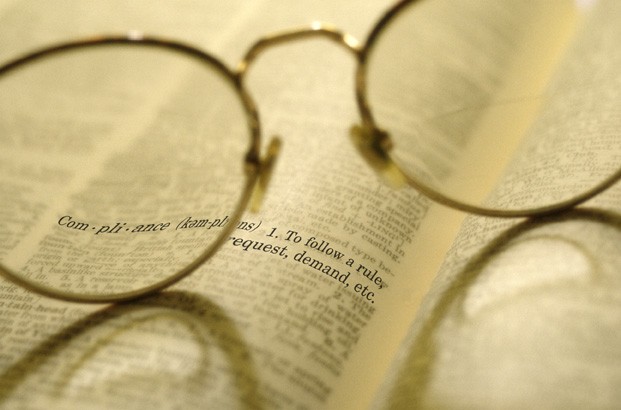McAdams On: Funeral Tweeting

BEWILDERMENT:When you read 1,000 or so headlines a day for any length of time, your mind adopts a compression algorithm that tosses out non-optimal frames. Like in that movie, “A Beautiful Mind,” when Russell Crow’s John Nash stares at a huge computer display of numbers and certain ones emerge in 3D. Like that, only more banal. Thus, one’s reading skills are stripped down to stuttering shorthand: “LightSquared American TV salmonella polygamists Google spectrum digital 3D survey social comments filed.” Non-relevant words sneak in when they have not occurred often enough for the algorithm to throw them out. And because they are fun to read.
The unfortunate corollary is a marked reduction in the ability to read normally unless every single sentence makes you want to power down your phone and lock the door. So it’s relieving on that rare occasion when something grabs you such that you remember it for several days! And who wouldn’t notice the entirety of a headline that reads, “Tweeting From Funerals: Right or Wrong?”
Let’s just skip the moral implication for the time being. I think the more immediate question has to do with how this became an issue in the first place. An issue meriting coverage from the Radio Television Digital News Association. I get what working in multimedia does to one’s attention span. Android Obama unlicensed local FCC controversy. But a funeral might not be the time to indulge the social-media hair trigger. There are a thousand things one can imagine being tweeted from a funeral, none of which can be in the same solar system as a hint of decorum.
Then again, decorum and journalism have a long history of mutual exclusion, and death never ceases to be a story. One of the first assignments for a cub reporter is to ask people how they feel about “the deceased.” In TV reporting, it’s achieved by sticking a camera in that person’s face. Amazingly, few reporters are attacked with whatever’s handy at the time. People always manage to say something other than, “What the hell do you think I feel? Grief and loss and a heightened sense of my own mortality, and the vague uneasy weariness that goes along with it.”
Tweeting is now an expected extension of reporting, if not the actual reporting itself. News of Osama bin Laden’s death was said to be broken by a CBS producer on Twitter. How else is it possible to “break” news? If you take the time to actually write a story, it’s already been around the world on the Internet six times. So Ian Rapoport of the Boston Herald tweeted from the funeral of Myra Kraft, wife of New England Patriots’ owner Robert Kraft.
It’s difficult to determine just what Mr. Rapoport tweeted during Mrs. Kraft’s funeral because the man tweets hundreds of times a day, at least. Scrolling down through 15 days of tweets from this man is like digging for hot water with a spoon. Perhaps a more pressing question in this case is, “when does Mr. Rapoport bathe?”
Whatever it was he tweeted from the funeral was not so much the controversy as the fact that he did so. In his defense, he tweeted that “there was no tweeting during the service. Only before and after.” Before and after, from inside the temple. That may have been “difficult for some people to wrap their head around,” Rapoport eloquently conceded.
Blaming the offended is a venerated tradition in American culture. Nothing says “I’m sorry for my dreadfully poor form,” by inferring that others can’t wrap their heads around it. Because if you’re not cool with someone tweeting from inside a house of worship, you just don’t get it.
I confess that I don’t. I would not tweet from a funeral if the deceased got up and walked out, but this could explain why I’m Deborah McAdams, obscure trade hack, and not Ian Rapoport, highly paid reporter at the Boston Herald. You have to have a certain resistance to community sentiment to tweet from a funeral. My horoscope does say I care too much about what other people think, to which I can only reply, “Surging billionaire television Fox study mobile TouchPad sequel announced.”
Be that as it may, a good journalist puts aside their own opinions to tell a story. “Tweeting From Funerals: Right or Wrong?” I don’t think that even matters, because the phenomenon is going to proliferate. I think the only thing news directors and editors can do is establish some sort of protocol, like asking the family’s and the venue’s permission. After that, it’s a matter of reasonable common sense and attention-grabbing verbiage. Celebrity eulogy distinguished scandal rites tribute casket memorial flowers front pew.
~ Deborah D. McAdams
Get the TV Tech Newsletter
The professional video industry's #1 source for news, trends and product and tech information. Sign up below.
